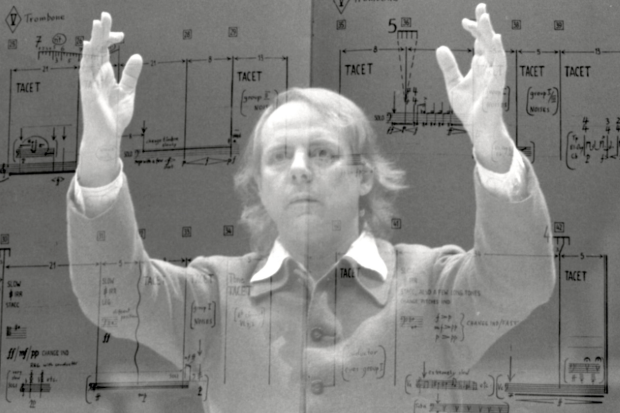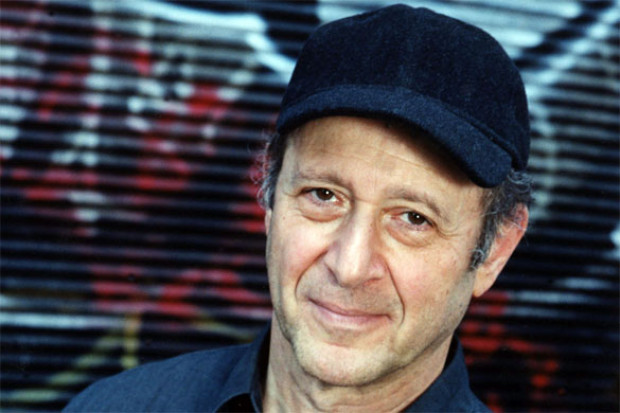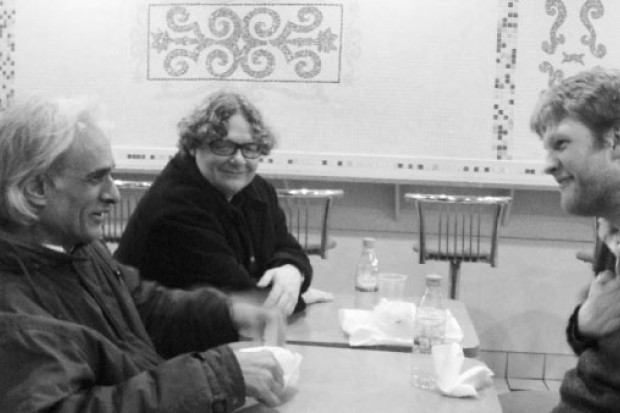Neighbour Relations
A few issues back in JMI, Toner Quinn editorialised: ‘For all the ties that bind Ireland to England – not least in family and employment – it remains in our perception a force to be pushed against.’ The context was English folk music, but he also asked, ‘What else [do] we wilfully ignore about the country?’
It is no surprise that cultural awkwardness about our nearest neighbour is not confined to this one type of music. We don’t devote a huge part of our live concert programming to British (mostly English?) contemporary music. The few notable exceptions, such as the RTÉ Living Music Festival of 2005, where Kevin O’Connell specifically addressed this (though as a side order to Germany and Henze), perhaps just prove the rule.
The reasons for this are worth exploring, as the pattern is actually not confined to Ireland, or indeed to our external environment. Other countries ignore the new music of their neighbours, and Irish people (including performers and composers) ignore the new music of their compatriots. Concerning the neighbouring country issue first: surprisingly perhaps, even the countries that have really positive neighbour relations, such as the Nordic countries, report this problem (as was discovered here when we had the Up North! Festival in Dublin). What it seems to boil down to is that every country has the same (old) problem with new music, that even this quite specialised public has to be drawn in with famous names such as Berio, Boulez, et al, and so these fill up the foreign side of most festival programmes. Then you add the domestic composers and, hey prestissimo, another great festival. A committed focus on a country that is not France, Germany, the US or Italy (that is, a focus on your neighbour), seems impossible to achieve. Rather than blaming post-colonial tension, is it just about recognition of names? This suggests that even new music can’t get entirely away from, or get by without, the canonisation of a chosen few. This is a problem that it really should be exempt from – its audience is supposed to be adventurous. This suggests perhaps that British composers simply haven’t made it into the very high recognition league, that the country has not produced one name of the magnitude of Ligeti or Xenakis. It also reflects a depressing thirst to be told what is good, rather than have to work it out oneself.
As for the second issue, that we ignore our own; this too has been put down to a post-colonial syndrome: ‘cultural cringe’. The theory goes: after years of suppression of the value of our own worth, we continue the pattern of self-denigration all by ourselves after our colonists have been ejected. It’s an extension of the dysfunctional family pattern. But again this exists everywhere, even (if you can find one) in places with no history of invasion. Once more we can, if we look for a moment, find reasons that are not connected to colonisation. It seems to be a general part of human nature that those close to us seem unlikely to be wonderful. It is the old story that familiarity breeds contempt. In fact I am sure that an evolutionary psychologist somewhere has already told us that this makes sense for survival: keeping the gene pool fresh and all that. Add to that the fact that emerging musicians want to spend time working on and studying the best rather than the (perceived) second-best, and you have the complete picture. But we can still ask is this really the best way to keep the art form healthy? Hardly! It’s tunnel vision, since it avoids re-questioning and re-evaluating fully what qualifies as the best. It is taking a short cut to the gilt-edged, which entails bypassing anything resembling a critical culture. Again, reaching for a handy canon takes the place of real engagement.
However, I cannot and do not fully dismiss the argument that we have the aforementioned post-colonial patterns, as well as a ‘canon problem’. The very existence of countries clearly either colours or shapes all attempts at programming, and we never ask: ‘should it?’ After all, what has that got to do with quality, it’s not even as if there were any proper ‘national styles’ – that all went out with the ark. I have given some alternative threads in addition to the usual post-colonial theories; it is up to each reader of this to decide where they place the emphasis in the matter.
At least we seem to very happily acknowledge and discuss post-colonial problems, and as we become more secure in our self-image as a wealthy, cosmopolitan nation we are happier to entertain the notion that we can potentially excel in any field. The ‘canon problem’, however, is something of a collective delusion that exists all over the world in every cultural area, and is really more dangerous. It is not new, and it is worse in music than in other art forms. The presence of the old canon of ‘classical music’, in which context Stravinsky is still seen as risky is, to be frank, an enemy to creativity in the art of music. To have produced a secondary canon within the niche of contemporary music seems rather careless of us. Every year, the famous names of new music get older and some die. Are they being smoothly replaced by names from the next generation, and if not why not? It doesn’t look good.
Opera
In the spirit of all this, let’s look at a CD that features six young British composers (with not an Irish granny between them*) that nobody here has heard of, out now on the British label NMC in their ‘artists’ series’. And what are they doing in the Journal of Music in Ireland? Well, it seems almost a defeat after this build-up to have to say that the two (British-resident) performers on the disc… are Irish. Darragh Morgan (violin) and Mary Dullea (piano) are from Belfast and Cork respectively.
The CD is somewhat mischievously called Opera, after the final piece on it. The composers they perform are Joe Cutler, Richard Causton, Joseph Phibbs, Bryn Harrison, Jonathan Powell and Morgan Hayes. At least five of the six pieces were written for and/or dedicated to the Irish players, and as should be the case, but is not always, the composers all worked closely with Morgan and Dullea in the recording studio, and, in some cases, on technical aspects of writing for their instruments.
Cutler’s re(GAIA) opens the disc strongly. The only solo violin piece here, it, in the composer’s words: ‘depicts an imaginary ancient folk music’. Succeeding at that also causes it to sound quite in step with Eastern European contemporary music of the past 25 years, reflecting the composer’s three-year stay in Warsaw.
Causton’s Seven States of Rain is one of the two longer pieces here, but it effortlessly maintains interest through its seven related sections. One remarkable aspect of the piece is the targeted use of prepared piano (a particular specialisation of Dullea’s) to bring the timbres of piano and pizzicato violin together.
Phibb’s Fantasia, as a piece, does not provide much to get excited about, despite great energy from the players, while Harrison’s Listenings I gives a much stronger impression of a composer who has found his own voice – even though, that said, it can still be placed in the rather crowded context of that expanding group of composers who find Feldman’s siren-call irresistible.
Powell’s Intrecciata shows flawless composerliness, made more notable by the fact that he busies himself as both a pianist and writer in addition to composing.
Hayes’ Opera finishes off the CD in style. It stands out even among this fine set, perhaps along with the Causton and the Powell. It is clear that Morgan and Dullea are already and will continue to be vital catalysts in the expansion and re-examination of the violin and piano repertoire by composers, and hopefully also the public.
One final point: the ‘canon problem’ is itself a species of ‘cultural cringe’, though not overtly colonial, nor especially Irish.
* Pure speculation, and likely wrong.
Published on 1 November 2006
John McLachlan is a composer and member of Aosdána. www.johnmclachlan.org












